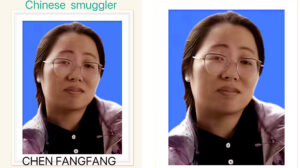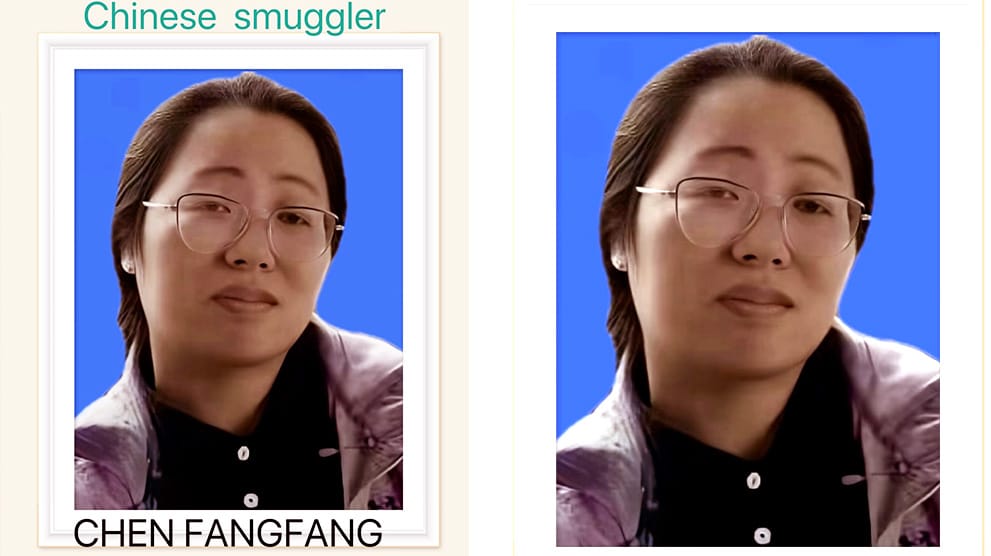The revelation that Chen Fangfang Ran, a Chinese national on a tourist visa, was the mastermind of a smuggling ring worth over Sh200 million has dealt a severe blow to Kenya’s macadamia farmers.
Her actions exposed serious flaws in Kenya’s port control system and flagrantly broke the country’s laws.
On April 6, Chen entered the nation under the false pretence of being a tourist. She hired locals to load shipments and purchased raw nuts in Thika within a few days.
She created a smuggling pipeline under the guise of tourism that defrauded farmers of their money and made fun of Kenya’s legal system.


False Documentation, Actual Theft
Chen loaded their first container (FFAU6547030) on April 12 with the help of Davis Muchoki Muriithi, her Kenyan assistant. According to the paperwork, tarpaulins were headed to a company in Mozambique. The reality? Macadamia nuts in their raw form were bound for China.
Then came six more containers, all of which were mislabelled as “awnings” and “sunblinds.” They were “on hold” in Mombasa, according to records at the Kenya Ports Authority.
In August, however, three containers had already reached Ningbo, China: PCIU9329018, GAOU7572631, and CIPU5254319. The breach was the result of collusion, not chance. Who removed allegedly frozen goods from the port? By whom were the bribes kept?
A Travel Permit Becomes a Smuggling Permit
Chen was only granted a tourist visa and spent almost six months in Kenya. without a work permit. No commercial licence. Nevertheless, she operated an export company worth millions of shillings while hiding from port and immigration officials.
The purpose of the Agriculture and Food Authority’s ban on exporting raw macadamias is to safeguard farmers and encourage domestic processing. This law was disregarded with impunity by Chen’s operations.
Nearly Missed Again
Chen was still working on it on September 3. She was spotted by surveillance cameras at Mombasa Port, preparing to force three more containers through. Authorities prevented yet another heist by flagging the shipment before it set sail this time.
The mystery is only made more complex by the near-miss: how many officials are involved in the chain, and how many consignments have already vanished?


The Rotten Questions
How did immigration permit a visitor to operate an illicit business for several months?
After the initial shipment, why were there no warning signs raised?
How do containers that are “on hold” leave Mombasa and then resurface in China?
Who in government and KPA circles is keeping the money for themselves?
Farmers Who Were Duped
The theft is a personal matter for farmers. Each illegal shipment has undermined their efforts to establish Kenya as a leader in value addition.
which also deprives them of fair prices and chokes off local processors. Profits are filling the coffers of cartels rather than factories and jobs.
It wasn’t just Chen Fangfang who was working. She represents a larger network of insiders, brokers, and compromised officials who made Kenya’s ports a haven for smugglers.
Kenya’s farmers will continue to suffer, and the country’s borders will remain vulnerable to theft masquerading as commerce, unless this cartel is exposed and dismantled.










